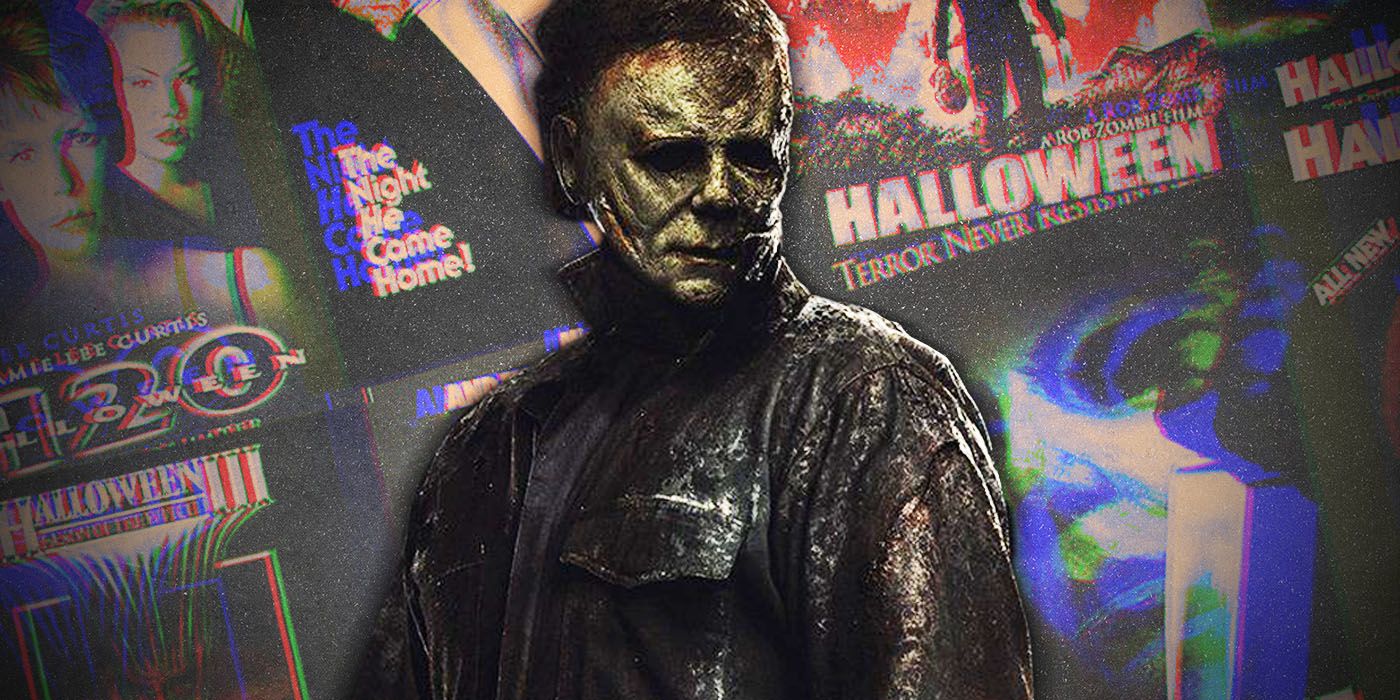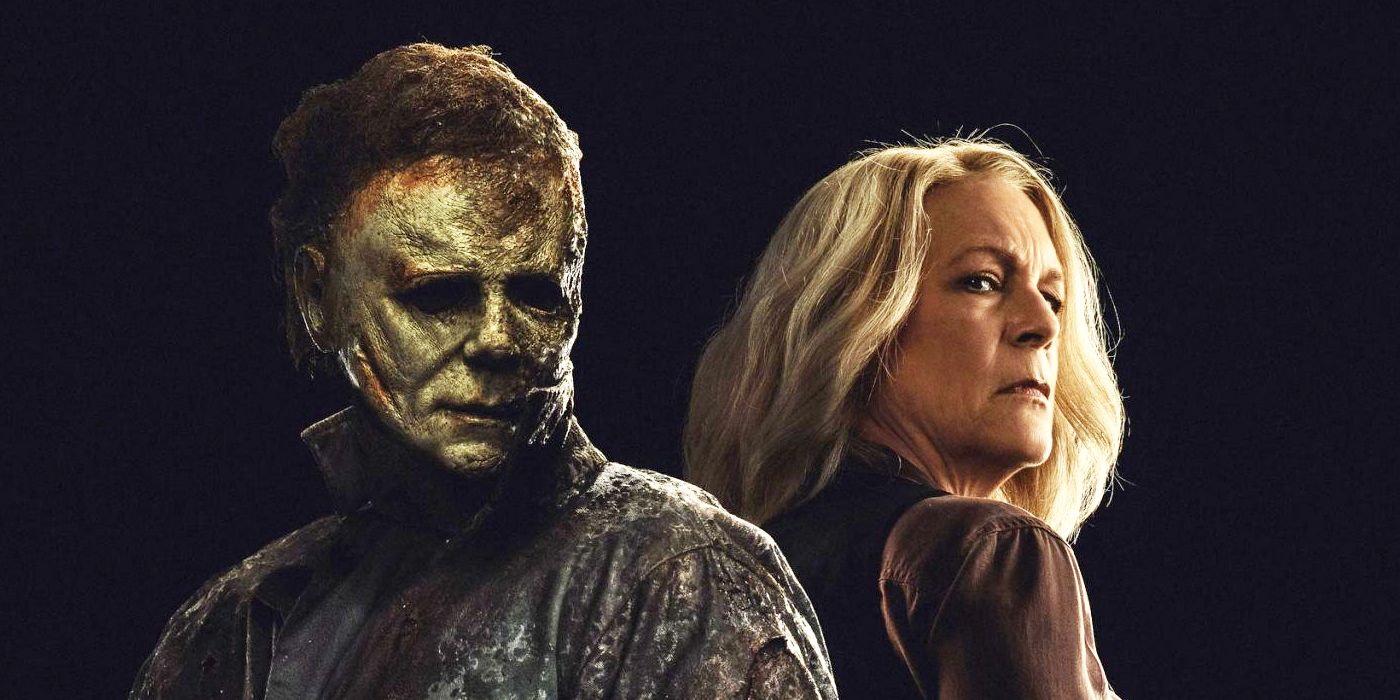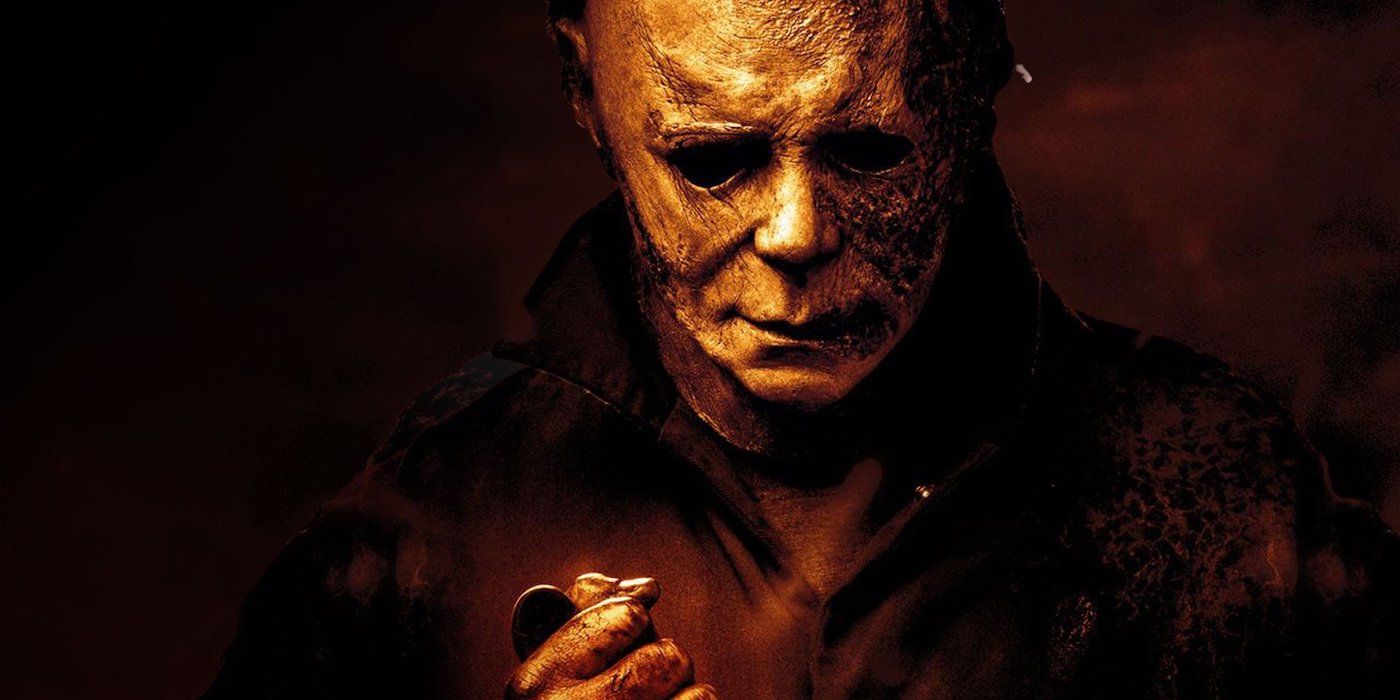The following contains spoilers for Halloween Ends, currently in theaters and streaming on the premium tiers of Peacock.
David Gordon Green's Halloween trilogy has offered much in terms of narrative and thematic content for fans. In doing so, the movies created much division among the fan-base, as the trilogy embraced a more cerebral direction. Each entry tried to understand the infamous killer in a way never experienced before. While it gave some unique questions that needed to be answered, the story went in a questionable direction.
Halloween (2018) offered much promise for fans, and it served as a revisit to the world established mainly in the 1978 original. The kills were intact, while an age-old narrative was continued in an organic way. However, by Halloween Ends, the franchise subverted expectations in a way that wasn't wrong to explore but splintered itself from a status quo established decades before. Because of this, the last film in the trilogy could be compared to The Last Jedi for Star Wars.
How Did Halloween Ends Mirror The Last Jedi?
When the Star Wars sequel trilogy was announced, many fans were excited yet concerned. When The Force Awakens was released, fans were pleasantly surprised by a story that was equal parts new and offered nuggets of nostalgia to keep the story's spirit alive. However, the real driving force was the overarching mystery of its characters. That said, when The Last Jedi hit theaters, it quickly split the fan-base, as the film explored the idea that the past was the past, and it was time to change things.
In a sense, The Last Jedi weaponized its expectations to tell fans things don't always have to follow a formula to be thought-provoking. Halloween Ends followed a similar path by keeping the infamous killer, Michael Myers, sidelined for most of the film. It was a story that discussed the effect and legacy of Michael, yet it did nothing to get the most out of the killer's "final outing." It may seem like a logical approach from a narrative standpoint, but the result felt more cruel because the movie conveyed a lack of interest in what the fans had gone to the theaters to see.
Does Halloween Ends Work Better As a Standalone Story?
Like Star Wars' sequel trilogy, expectations became a huge factor in David Gordon Green's Halloween trilogy. In this case, it was the expectation that Michael's last outing would have him take to the streets in a way never before seen. However, its more cerebral look at the character -- while poorly received -- works well as a side story or something unrelated to the trilogy. Similarly, The Last Jedi had the same effect, as its changes greatly affected the series' future, and much of the fan-base wasn't content with what was offered.
While Halloween Ends, like The Last Jedi, are unique approaches that have a place in the franchise, the urgency of the trilogies they were in only served to hurt the film's overall reception. In the case of Halloween Ends, it's gone down an eerily similar path of the sequel trilogy's sophomore film. However, time has also proven that more fans understood and respected the movie for what it tried to do. As a result, Halloween Ends may find a similar reception from its fans. If so, it could give the movie a chance to be looked at for what it was trying to say and how it impacted the legacy of Michael Myers.
Halloween Ends is now playing in theaters and streaming on Peacock.



